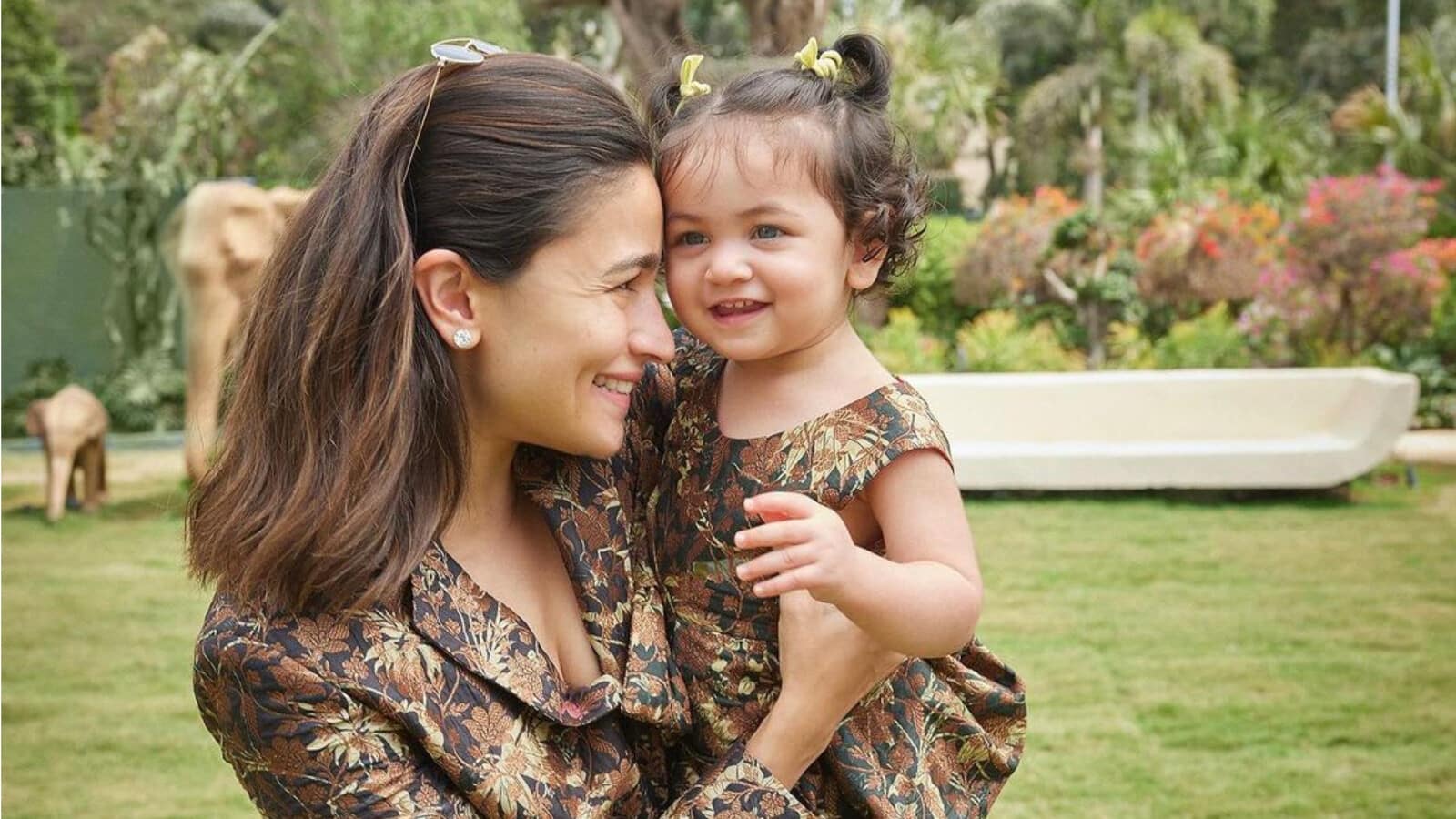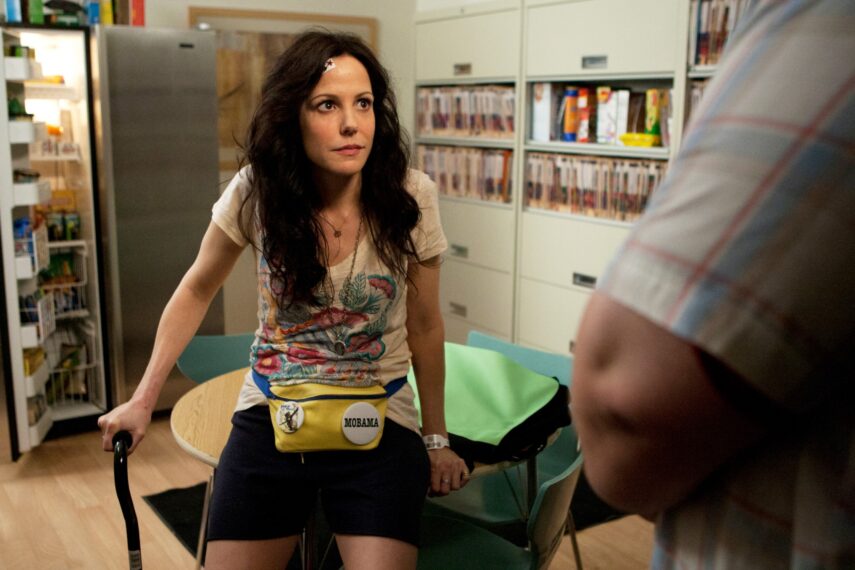If it seemed like the had a blast competing at the Paris Olympics, that’s because they did—and it marks the dawn of a happier, healthier era for a sport that has traditionally not been kind to its biggest stars. While each of the four returning Team USA gymnasts— , , , and —have been on distinctly different, personal journeys to get back to the Games, all of them agree that the goal has been the same: To go easy on themselves this time around and enjoy every moment. And that goal has paid off to the tune of a collective 12 Olympic medals for their team, which included newcomer .
USA Gymnastics has not always been known for protecting the mental and physical health of its athletes. Almost a decade ago, the sport cast a dark shadow after hundreds of female gymnasts, including Biles, came forward about the sexual abuse they experienced from former US national team doctor . In 2016, Nassar was arrested and charged with sexually assaulting at least 265 young women.

In 2017, he pled guilty to possession of child pornography and tampering with evidence and was sentenced to 60 years in federal prison. Two more state sentences followed, resulting in an de facto life sentence. And during the 2020 Tokyo games (held in 2021), the cloud of COVID-19 put a particular damper on the events, forcing athletes to compete essentially in isolation from their loved ones.
But in recent years, USA Gymnastics has placed a bigger emphasis on mental health. The , an independent authority established in 2017 to address abuse, misconduct, and inappropriate behavior in Olympic and Paralympic sports, has provided a new safe haven for athletes. And was a hit with the gymnasts at Olympic Trials, especially as they witnessed teammates and friends suffer injuries and heartbreaking losses in the midst of competition.
By the time the gymnasts arrived in Paris, it was evident that the vibes had shifted. During their events, the Team USA gymnasts were constantly smiling and rooting for each other, even when they were each other’s competition in the individual events. Even during the strangely silent balance beam final, the voices of Biles and Lee cheering each other on rang clear.
Biles and Chiles were even seen bowing down to Brazil’s Rebeca Andrade on the podium after she defeated both in floor exercise. (To that end, Andrade proved to be stiff competition for the US all week long.) “Being recognized is what everybody should do when it comes to somebody who's put in the work, put in the dedication,” Chiles told reporters, including .
“Not only has she given Simone her flowers, but a lot of us in the United States have our flowers as well. So giving it back is what makes it so beautiful.” In Tokyo, “you could look back and see a lot of the girls not really having a lot of fun and just not smiling,” Lee says.
“This time, we're celebrating after every turn, going up and hugging everybody. And it just makes it so much fun, because I think it goes so much deeper than gymnastics. You create these long-term friendships.
” At the end of the day, Chiles says, that’s what the Team U.S.A.
“redemption tour” is all about. “All of us individually had this one goal for ourselves,” she says. “Each and every one of us came out here and did what we needed to do, and I couldn't be more proud of the girls.
” After pulling out of competition in Tokyo due to what she refers to now as a “mental injury” (you might remember her struggle with the ), Biles considers making it to Paris a victory in and of itself. “I've accomplished way more than my wildest dreams, not just at this Olympics, but in the sport. So I can't be mad at my performances,” she says, reflecting on her fifth-place finish in balance beam and a silver medal on floor exercise.
“A couple of years ago, I didn't think I’d be back here at an Olympic Games, so competing and then walking away with four medals, I'm not mad about it. I'm pretty proud of myself.” Lee echoed those sentiments after placing sixth in the beam final, noticeably walking off the competition floor with a huge smile on her face and her head held high—a reaction she would not have had at her first Games in Tokyo, where her reaction to a bronze medal seemed like the result was a letdown.
“This experience has been so much better” than Tokyo, Lee told reporters afterwards. “I feel like I have just been able to really have fun.” While she admits she’s disappointed in the way her second Olympics ended—with a surprising fall off the beam—she’s proud of the three medals she won in Paris, and says it took “a lot” of work to achieve this positive mindset.
Last year, she battled two that threatened her gymnastics career, not to mention the mental obstacles that come with having to defend her 2021 all-around gold medal win. “There's a lot of things to be proud of this time around, just because I had to overcome so much—not even with my health issues, but mentally, too. There were days where I was fighting demons,” Lee says.
She had conversations with her coach, Jess Graba, about whether she should continue training for the Olympics, but her inner circle encouraged her not to give up. “This Olympics, I would say I'm really proud of the way that I was able to handle the pressure,” she says. Graba saw this change kick in in real time.
“When she said she wanted to come back, I'm like, ‘You sure?’” he says. “I mean, you have to understand that there's really only downside. People are only going to say that you got worse, unless you win everything.
” But Lee was determined, so Graba went with it. The formerly introverted Lee says her coaches’ ability to laugh and joke with her and make her feel comfortable in every situation has encouraged her to express herself more as she prepared to return to Olympic competition. “I could care less about the medal and I could care less about everybody else's opinion about how she did,” Graba says.
“It's more about hers and mine.” The returning Olympians' Tokyo teammate, MyKayla Skinner Harmer, was one of the louder critics in the lead-up to Paris. “Besides Simone, I feel like the talent and the depth just isn’t what it used to be,” the silver medalist said in a since-deleted YouTube video.
“I mean, obviously, a lot of girls just don’t work as hard. The girls just don’t have the work ethic.” She also expressed that the U.
S. Center for SafeSport makes it difficult for coaches to do their jobs, out of fear of being reported. Biles let the world know how she felt about those comments after the team won Olympic gold, captioning , "lack of talent, lazy, olympic champions.
" Skinner Harmer has since blocked Biles on Instagram, while current and former American gymnasts flooded the comments in support of the most decorated gymnast in history. Lee also believes her time competing in the college atmosphere of Auburn University injected new energy into her elite routines. Before the NCAA approved a name, image, and likeness policy for student-athletes, many elite gymnasts were forced to choose between competing in college and going pro.
This Olympic cycle, Lee, Carey, and Chiles all competed for their college programs (Auburn, Oregon State University, and the University of California, Los Angeles, respectively). “We've all bonded really well, and we had that redemption that we wanted,” Carey said after winning the bronze medal on vault. Back in Tokyo, she uncharacteristically tripped during the event, and has spent the last three years anticipating this second chance.
She says she focused on taking things “one step at a time” to ensure her mental health was in a good place while competing in Paris. “We know that when we're having fun, we're doing our best gymnastics,” she says. “[We’re] just being our normal selves out there and letting our personalities really shine through, and our gymnastics is able to speak for itself.
” Biles told to reporters last week that her Olympic comeback was like recovering from an injury with no timetable. “Leading up to Tokyo, I was so nervous about getting injured physically that I kind of neglected my mental health,” she says. She now “religiously” every Thursday, and even schedules sessions on competition days when she needs it.
That process is what helped her to win three gold medals and a silver in Paris. “After all these years of putting the mental work in, it's just paid off,” she says. This time, Biles is worrying less about being the “Greatest Of All Time”—she still thinks of herself as “Simone Biles from Spring, Texas that loves to flip”—and instead has found the joy in gymnastics again.
“Once we're out here, the floor is our stage,” she says. “It just feels so freeing for us, because we're in our element, we're having fun, we're doing what we love to do. I think that's why I enjoy it so much.
”.



















